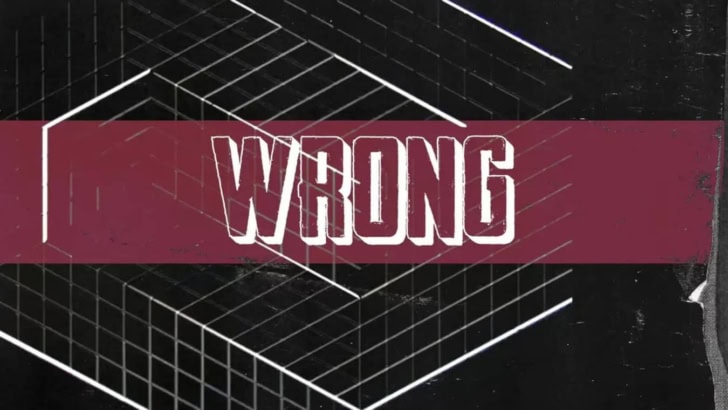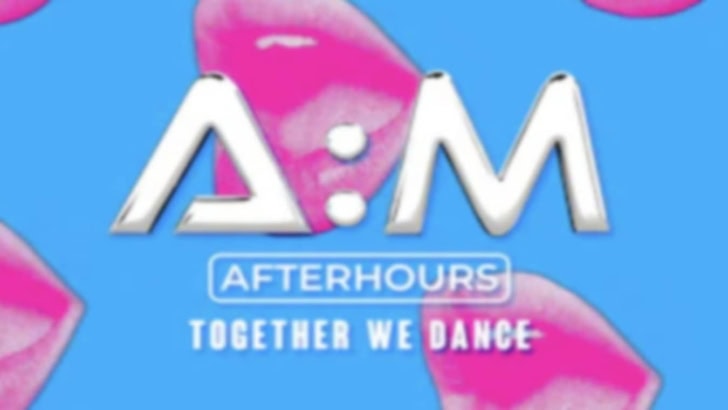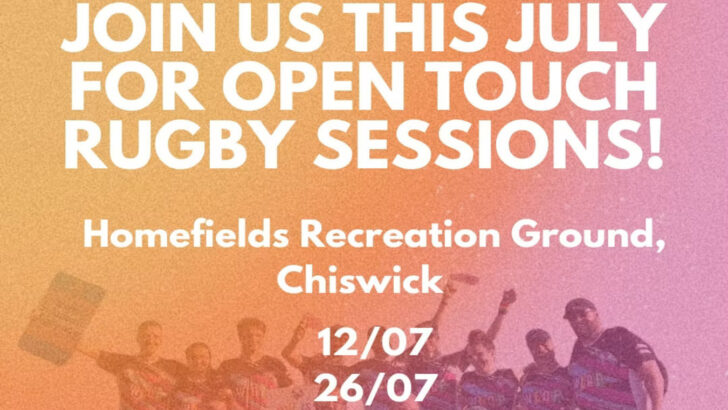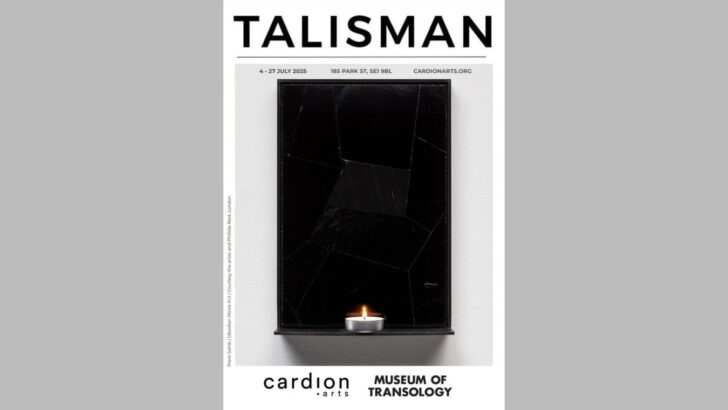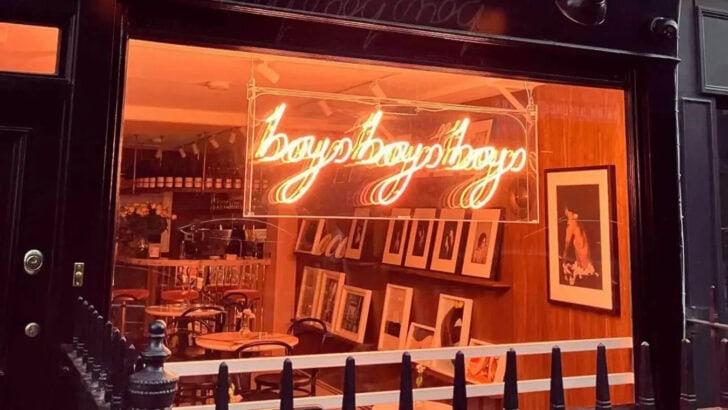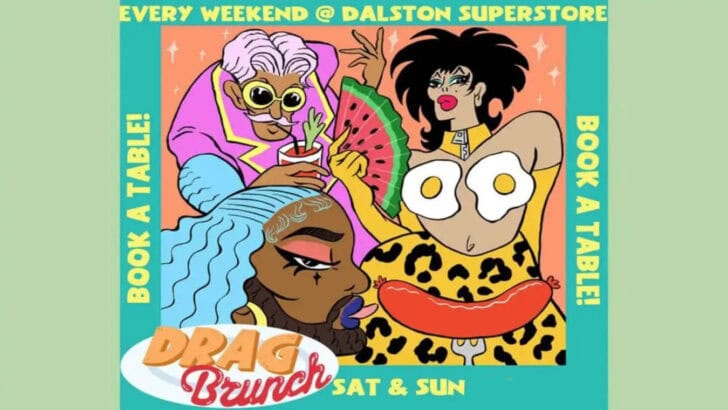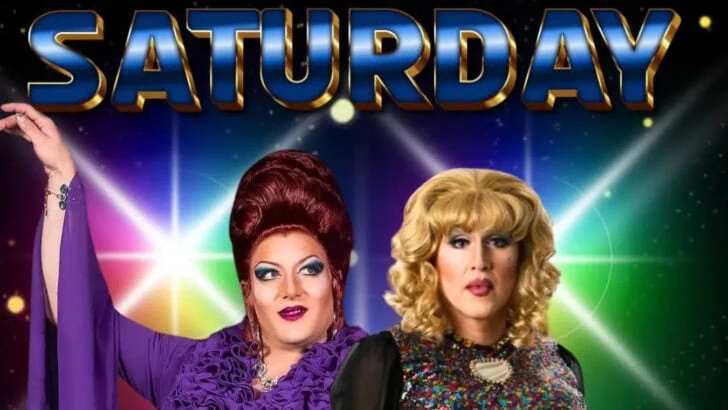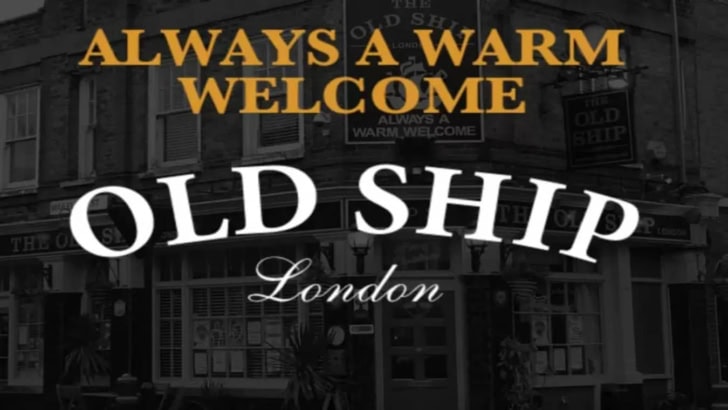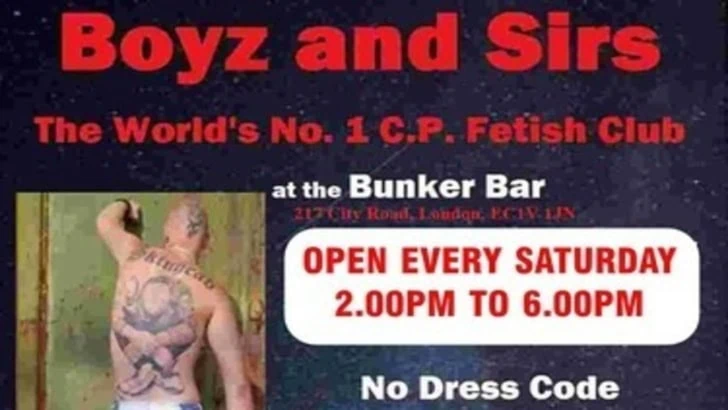Cary Sawhney is the dashing and daring director of the London Indian Film Festival. Growing up between London and Calcutta, he’s spent his life showcasing the best South Asian cinema has to offer, from the serious and obscure to the wonderful and ridiculous.
An out gay man, he’s made waves with his often brave and subversive selections, and is at the forefront of bringing LGBT South Asian cinema into the mainstream.
As South Asia undergoes a period of flux in social attitudes towards both cinema and LGBT rights, he spoke to Dylan B Jones about what that means for the future of one of the most colourful and intriguing industries in the world.
Hi Cary. So tell me a bit about Indian cinema. I think your average white British person, when you say “Indian Cinema” they think “Bollywood.”
Ok then, let’s compare it to Hollywood. Hollywood is the commercial cinema of the world. It’s a product, and people pay millions of dollars for it. That’s in the Western World. And with the developing world, people watch Bollywood. Not just in India, but all over Asia, the Middle East and even the Soviet Union. China occasionally too. Even Nigerians are crazy about Bollywood. It’s very successful. They use one language called Hindi, which is the main language from the North of India. There are fifteen regions in India, and each of those different regions have their own languages, so often have their own type of cinema as well. And they don’t get seen internationally. But there are 1.5 billion people in India, so there’s plenty of audience to go around. Within that, you’ve got a whole arts sector, with people making indie films. Well, perhaps not indie films in the way we know them…they’re quite similar to things like the Coen Brothers and Tarantino – there are now those kind of movies being made in India. More cutting edge, more real stories. Films that make you think. They’re still there to entertain you, but rather than dancing around trees, it’s more about actual issues.
Is that reflected in the selection for the festival?
In the festival we’ve got comedies, films about child trafficking, films that reinterpret history. Stories about the LGBT experience too. We’ve got a film called ‘My Son Is Gay’, about a young man who’s trying to convince his mother to love him as he is. It’s about the mother/son relationship over years. How he moves on with his life and is successful, and she grapples with her own problems. Then there’s another short film called ‘Fish Curry’ about a boy who makes his favourite fish curry for his dad, then tells him he’s gay while making the fish curry. It’s a sweet little animation. We’re also closing with a transgender documentary. I think we’re the only Indian film festival that would dare do that.
It’s not a specifically LGBT festival, but it has an unusual amount of LGBT content. Is that down to your input?
Well it’s more down to the fact that a lot of LGBT filmmakers are making films that are world class, and deserve to be included in the selection. Obviously I do support LGBT rights in South Asia, but in order to be chosen, they have to be chosen on the quality of the film.
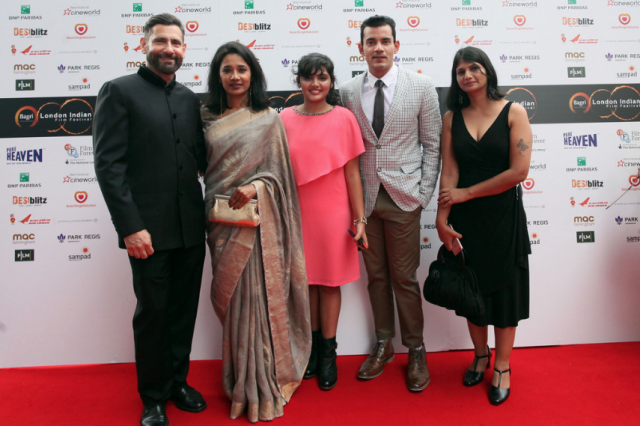
Why do you think there’s been an influx of content from LGBT filmmakers?
At the moment in South Asia, it’s a real time for LGBT rights. In India we got legalized for a short period of time, then we got de-legalized. But importantly, a whole generation of young people came out of the closet during that time. And then said “look, we’re not going back in.” If you go on Grindr these days in South Asia, it’s buzzing! There’s a generation of change, they’re pushing the agenda within South Asia. And that’s being reflected in cinema.
So it’s become a bit more normalized?
Yeah. The history of South Asia has always been very LGBT friendly. But when the British Empire came over, things changed.
It’s so often the case isn’t it. Us going over and ruining everything.
That’s true. In the Mogul times, there was a rich history of homosexuality. Princes going to war for their favourite boy, things like that.
I want to see a movie about THAT.
Well there was a famous film called Razia Sultan, about an empress who was in love with another woman. And in Bollywood, you sometimes see things hidden within the narratives. Of course, a lot of LGBT people work in Bollywood. Dancers, designers, directors, actors. It’s a larger than life medium, and a very glamorous world to inhabit. A fantasy world. That’s always been the power of cinema. And I think this new LGBT Indian cinema that we’re seeing is reflecting the change that we’re seeing in South Asia right now.
Have you lived in India?
Not since I was a child. But I go a few times a year, and spend a couple of months each time. It’s like going home. The great thing about India is that it’s a rapidly changing society. But it also goes backwards and forwards, often at the same time.
I guess any society with that many people and that many cultures will always end up contradicting itself.
That’s true. India is one of the most diverse countries in the world. There are so many different languages, and religions and faiths and identities. And somehow it all just works. Well, most of the time.
Have you received any opposition or backlash for your work?
Well the good thing about me and my team, is that we’re arts professionals, but we’re also risk-takers. We like to think we’re the punk rock of Indian film festivals. But surprisingly we haven’t had backlash. I suppose if people don’t like the look of the films, they just don’t come. Which is fine. Sometimes even Indian people don’t want to watch Indian films. My dad used to hate them.
How much has Indian cinema changed in the last few years?
It’s improving all the time. Ten years ago, the scripts weren’t so good and it wasn’t up to the same technical standard as Western cinema. But now, because so many people are training in Los Angeles or London, things are changing. For this festival for example, our opening night filmmaker is from Los Angeles and our closing night film maker is from Quebec. People of Asian origin, working in the West. Our opening night director produced Life of Pi and Lion. So you’ve now got people who have worked on that level, making Asian cinema.
In mainstream western cinema there’s still a real underrepresentation of Indian culture and Indian actors…why do you think that is?
I think there’s a sense that somehow India isn’t a part of that world. Like, Indians have their own cinema – Bollywood – and won’t engage with the West. And that’s just not true. Millions of Indians watch stuff on Netflix, and they watch Hollywood films at the cinema. And 1.5 billion people is a big audience. A lot of potential ticket sales. So it is strange that Hollywood isn’t engaging with India more. I think the issue is that Hollywood just works to what it knows and what it already is, rather than what it could be.
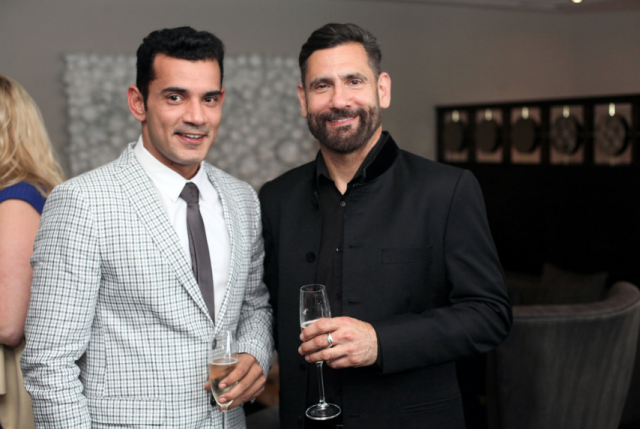
Do you think we have the same problem here in the UK?
British Asians are a huge part of British society, and vital contributors to British society as well. Can you imagine not having curry in Britain? Or not having cornershops? Basic, everyday things that English people engage with. And most of us have South Asian friends, but we don’t even think about it because it’s so normalized as part of our society. In the UK, I think we have a perspective on globalization that Americans, for example, don’t have. Indians don’t have it either. They’re such a big country that they think they ARE the world. If you live in India or America, it’s so easy to just be in that massive civilization. Britain’s never had that feeling. We might have felt in the past that we’re IN CHARGE of the world, but we’ve never felt like we ARE the world. Britain’s an island, a destination where people have always come. People have always been arriving. It’s never been the pure white fantasy the Victorians wanted to create.
So why are festivals like the London Indian Film Festival important?
They show a diversity of stories. They take you to places you’d never see in real life. It gives you a window into those worlds. You can travel around South Asia for very little money, and delve into those billions of lives.
The London Indian Film Festival is on at venues across London until 29th June. For listings and tickets, go to londonindianfilmfestival.co.uk. Follow Cary Sawhney on Twitter @caryraj


